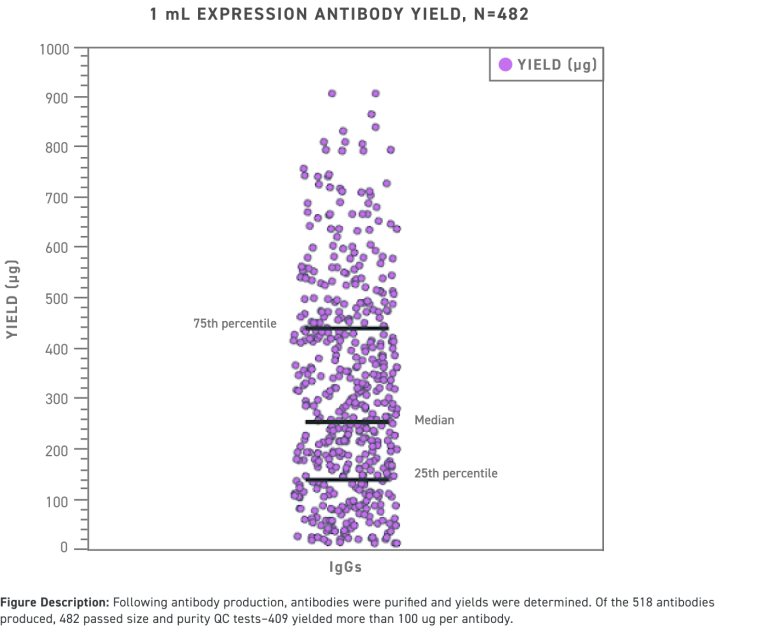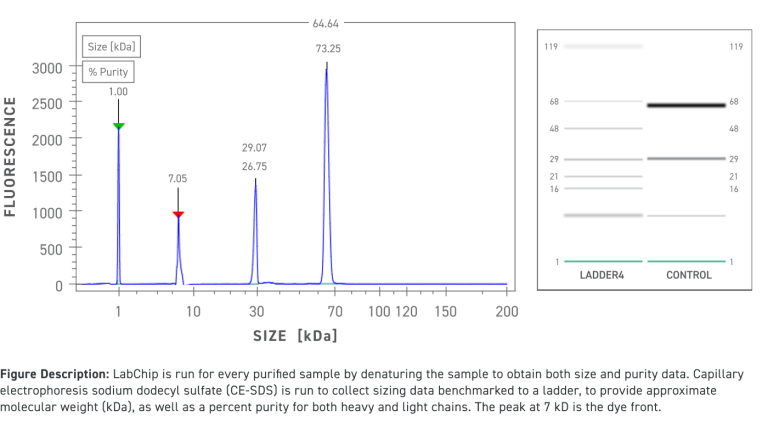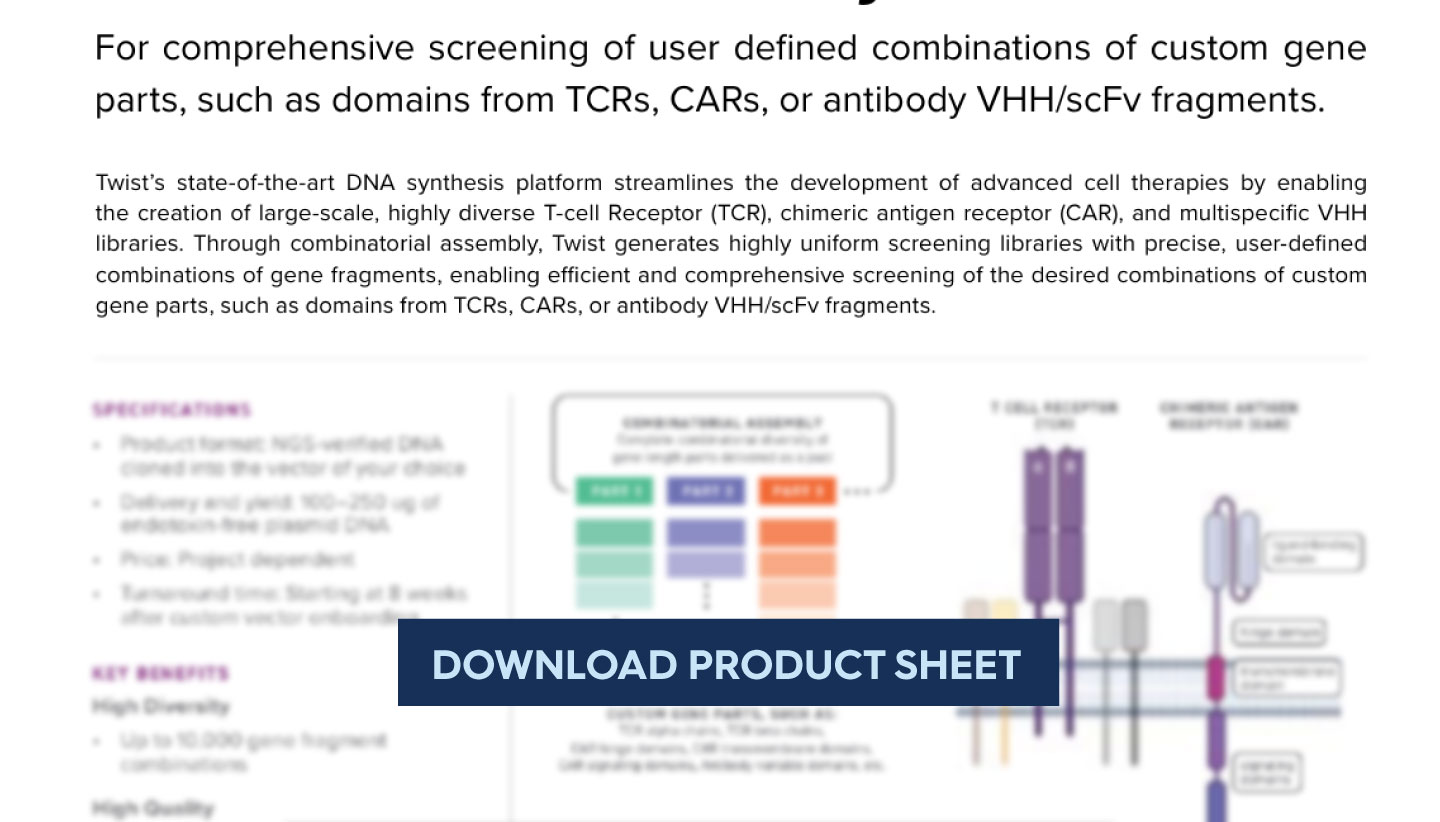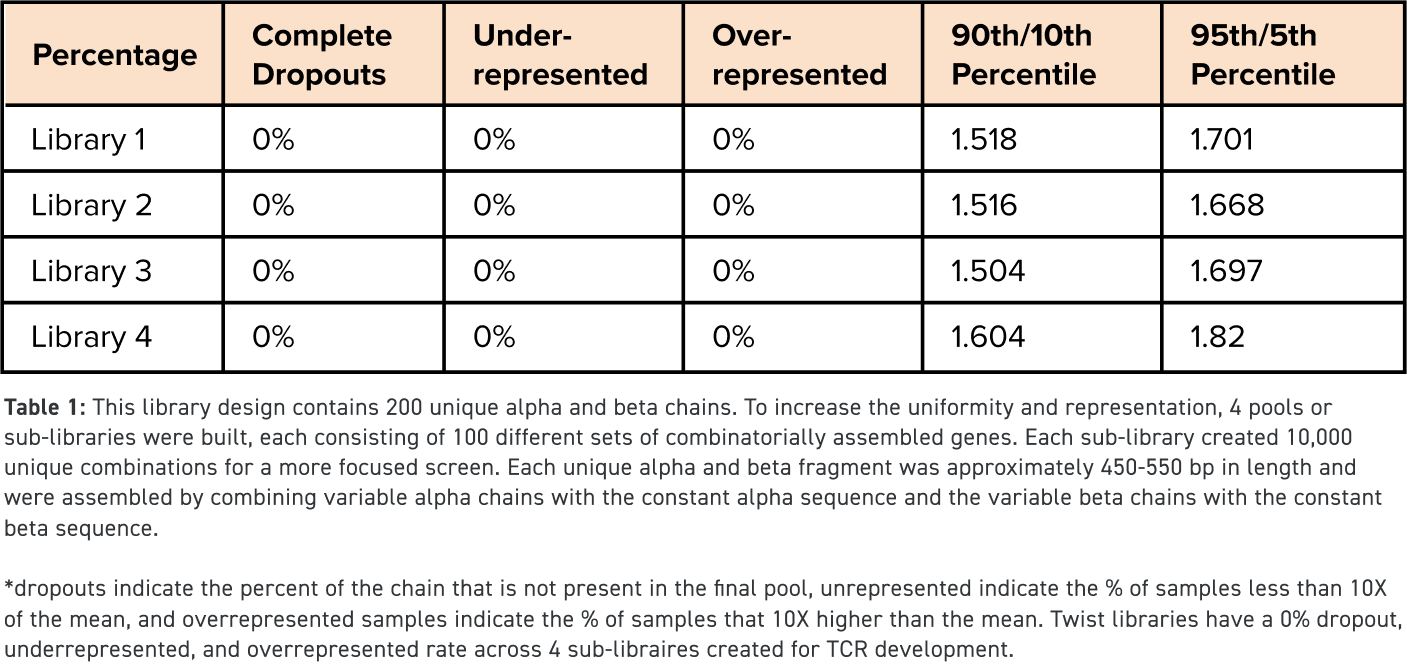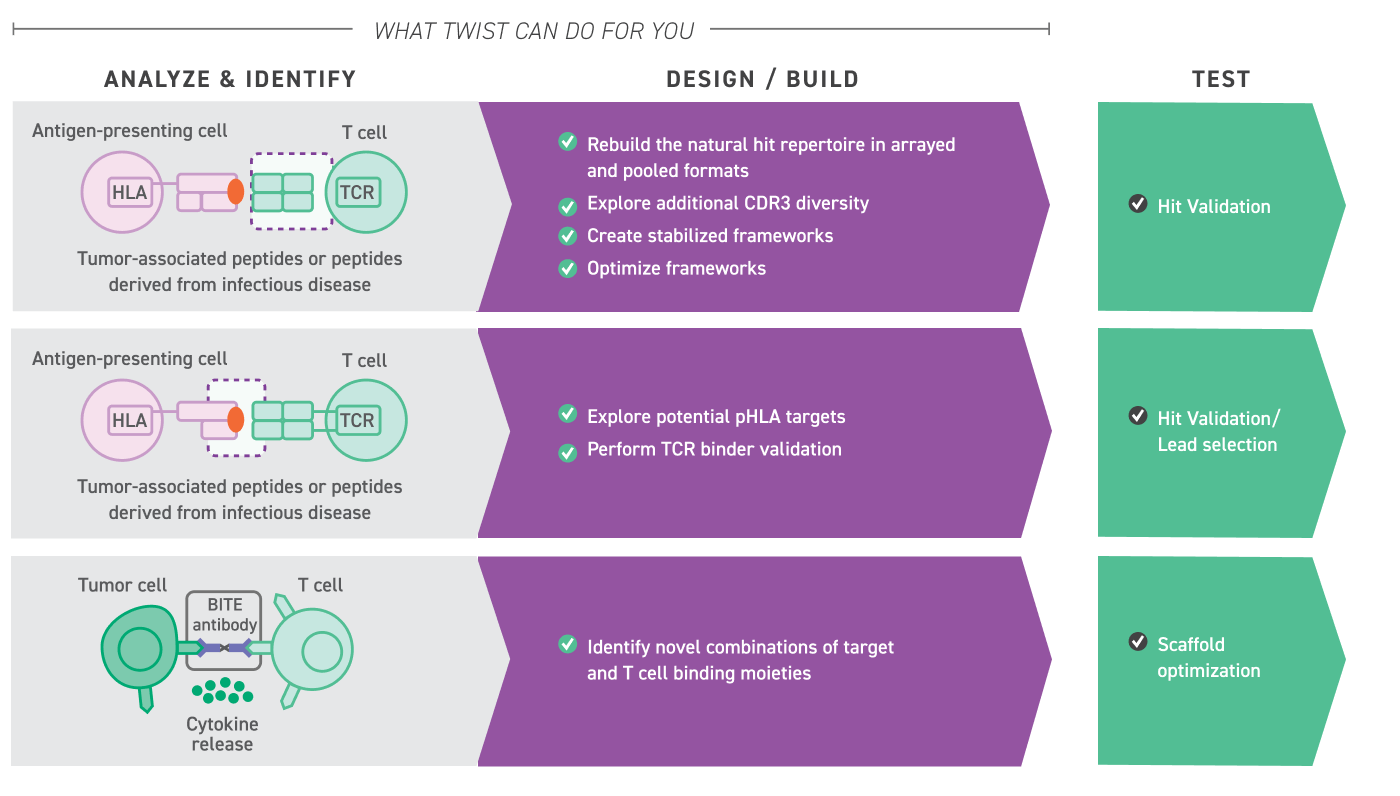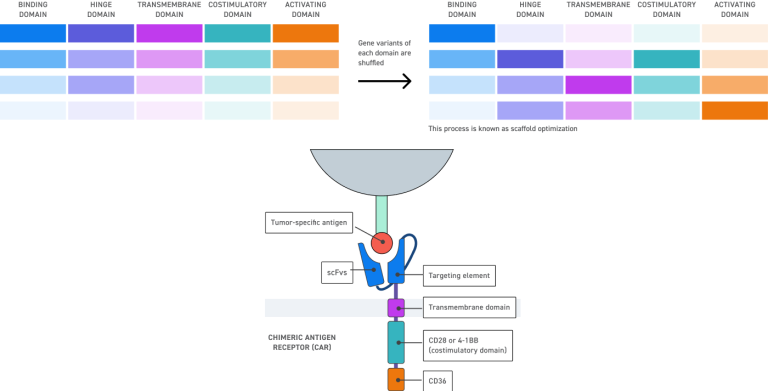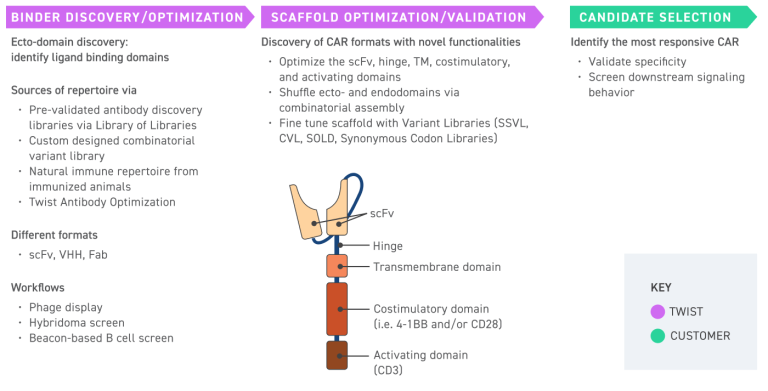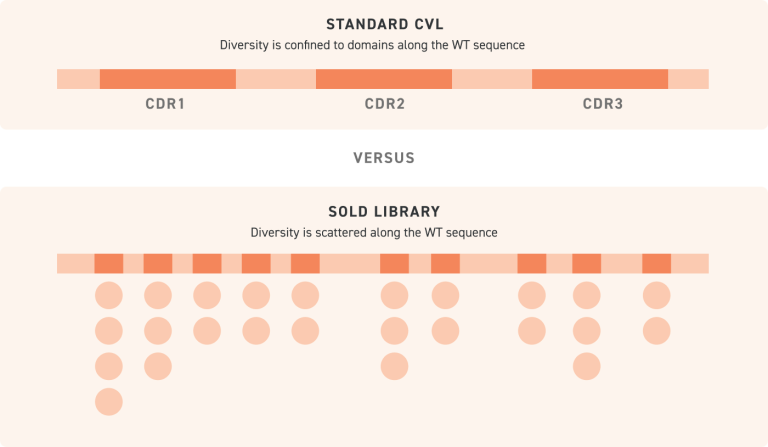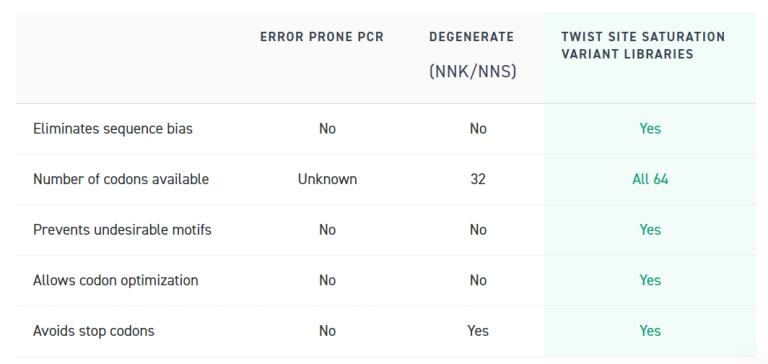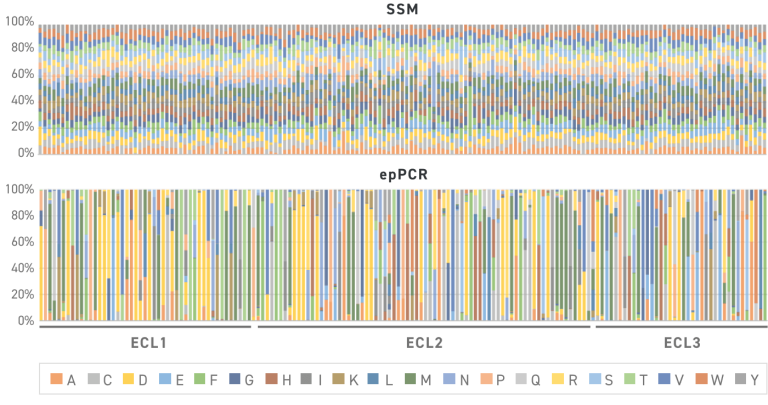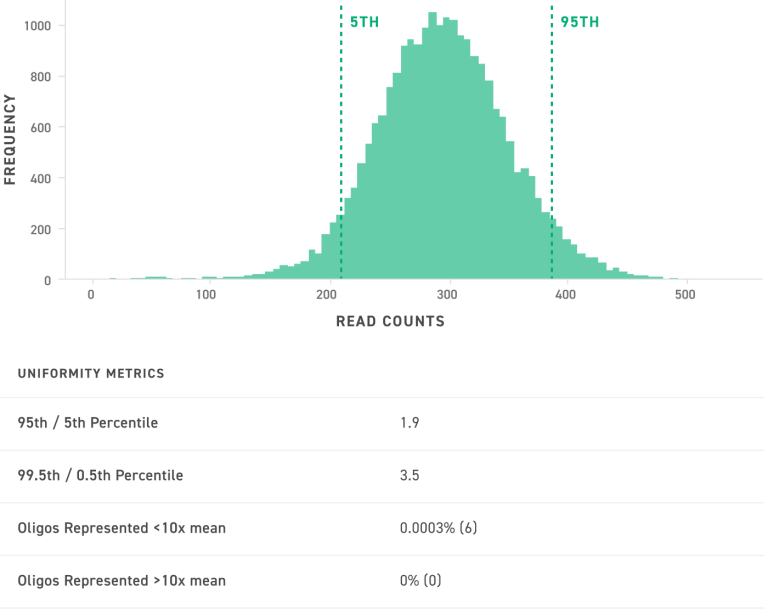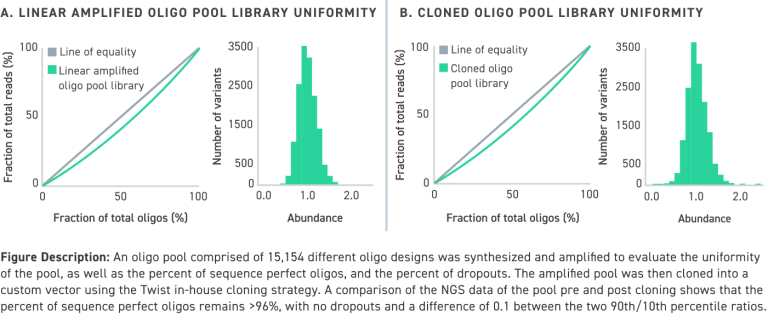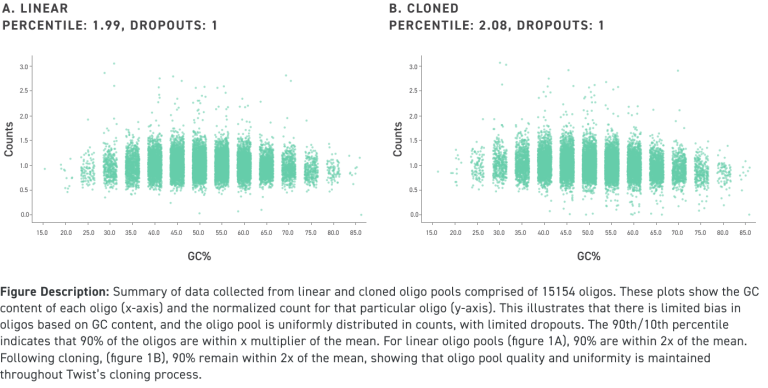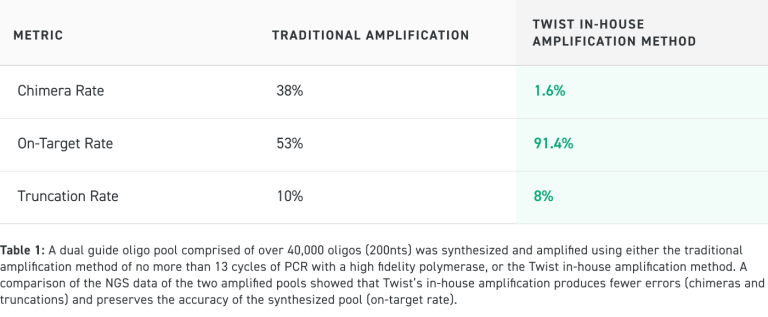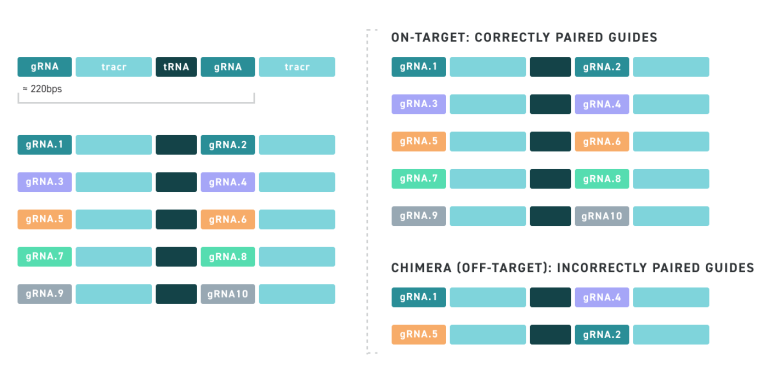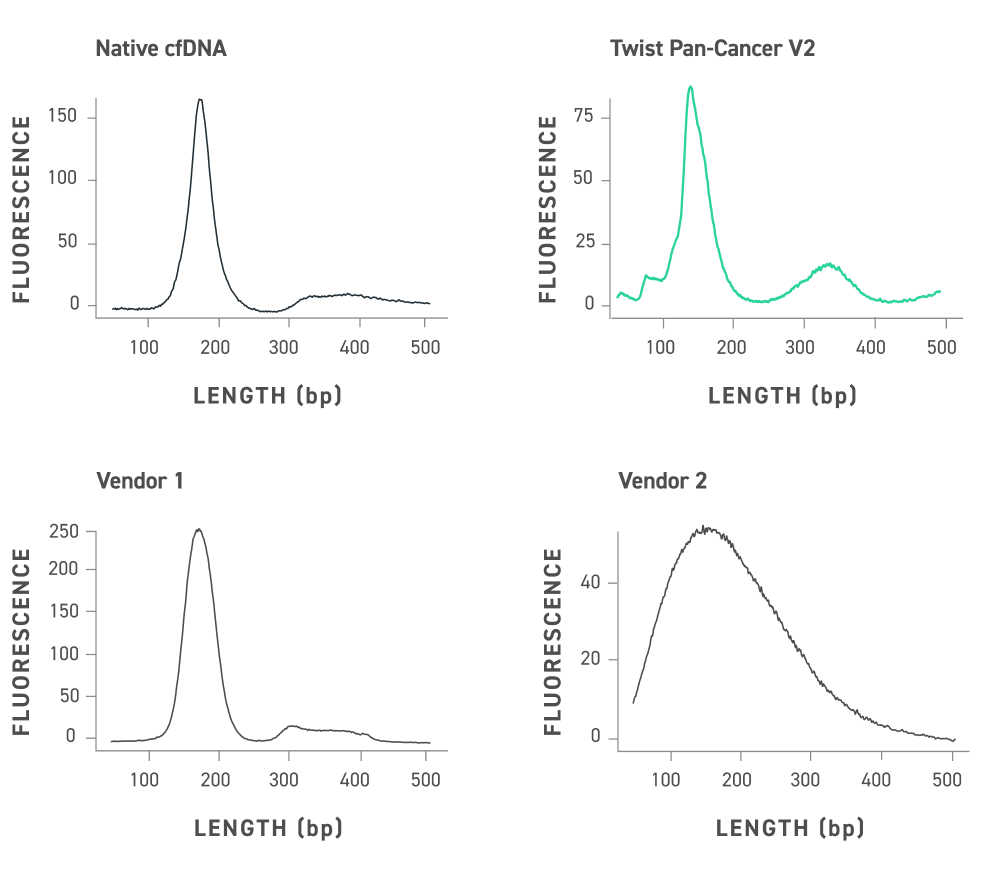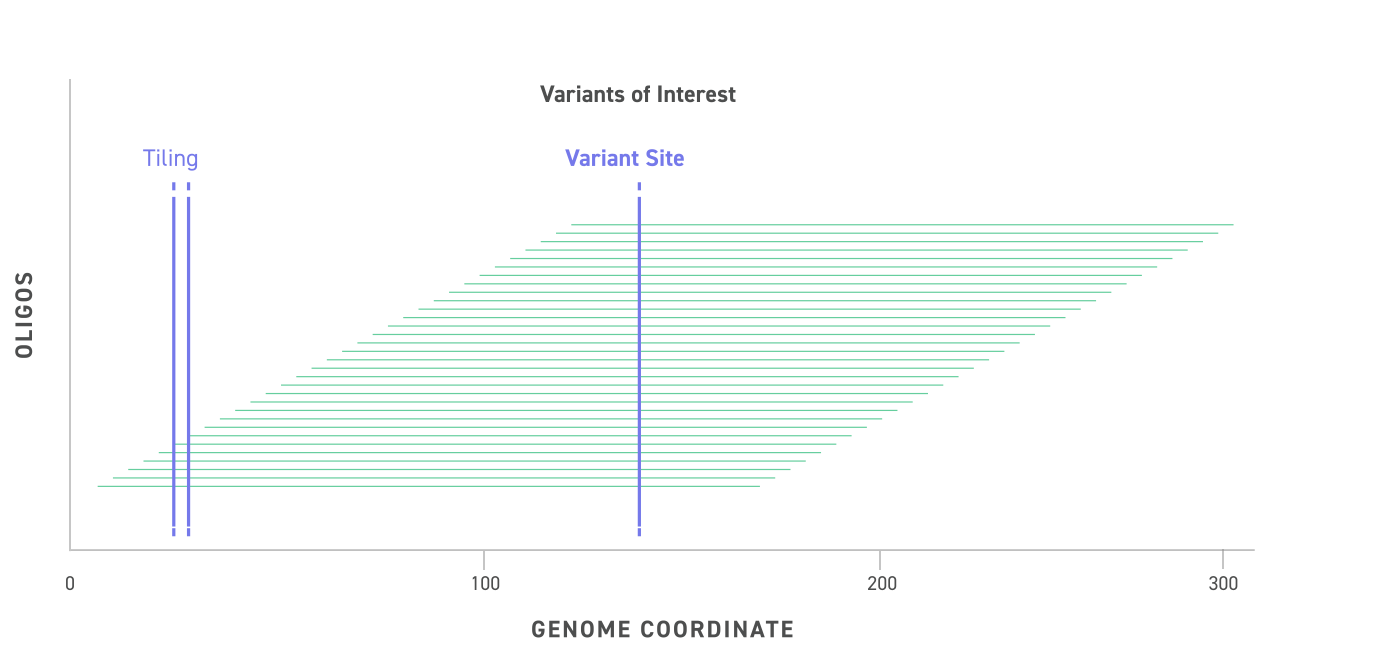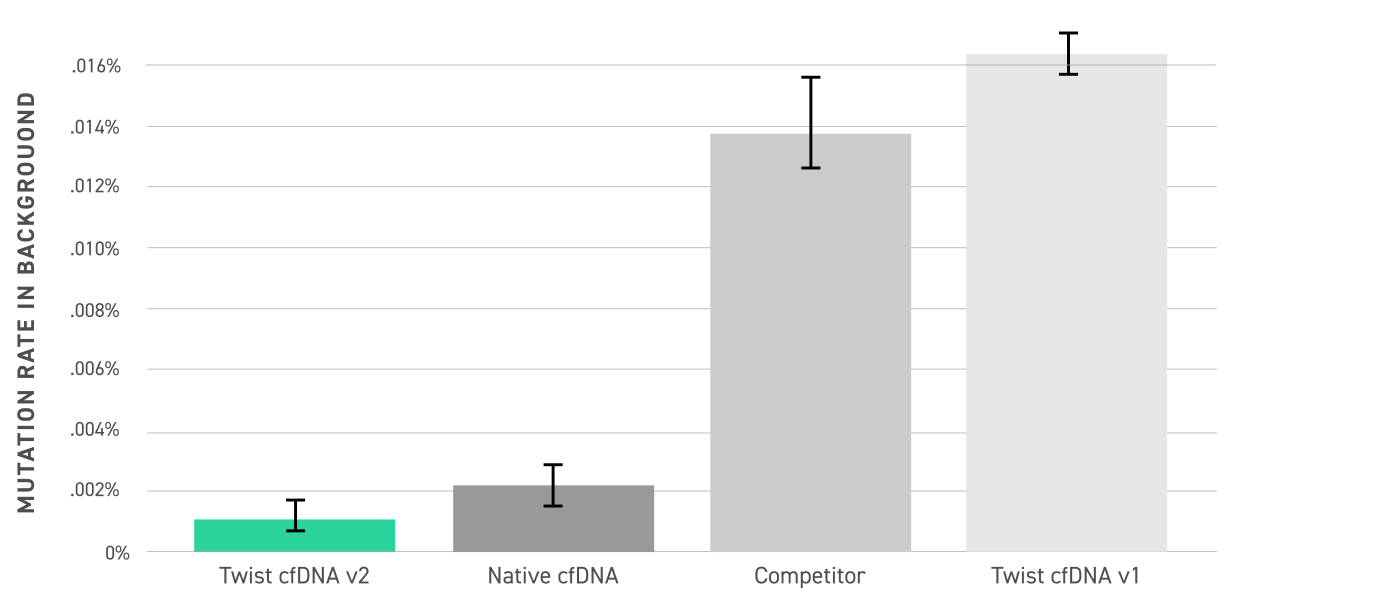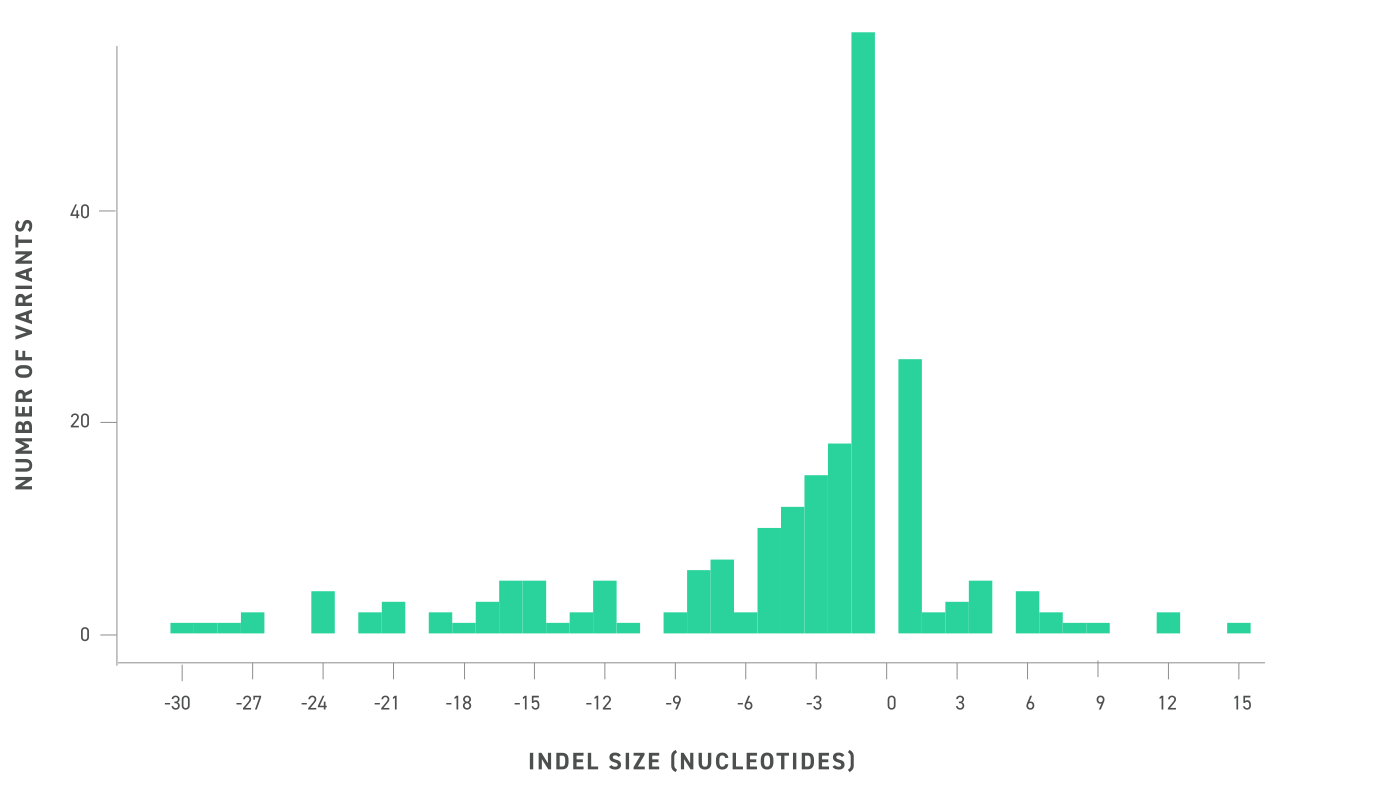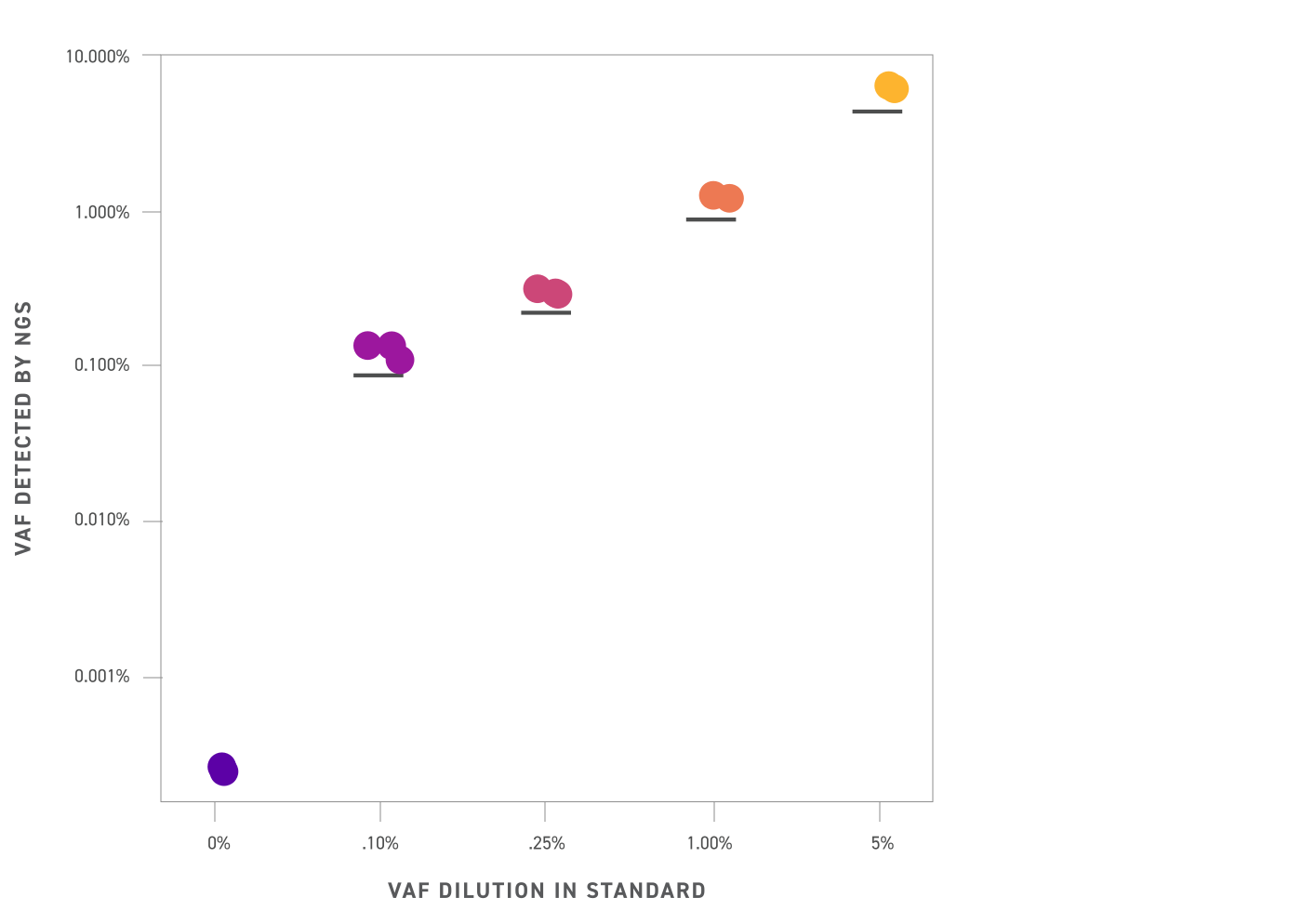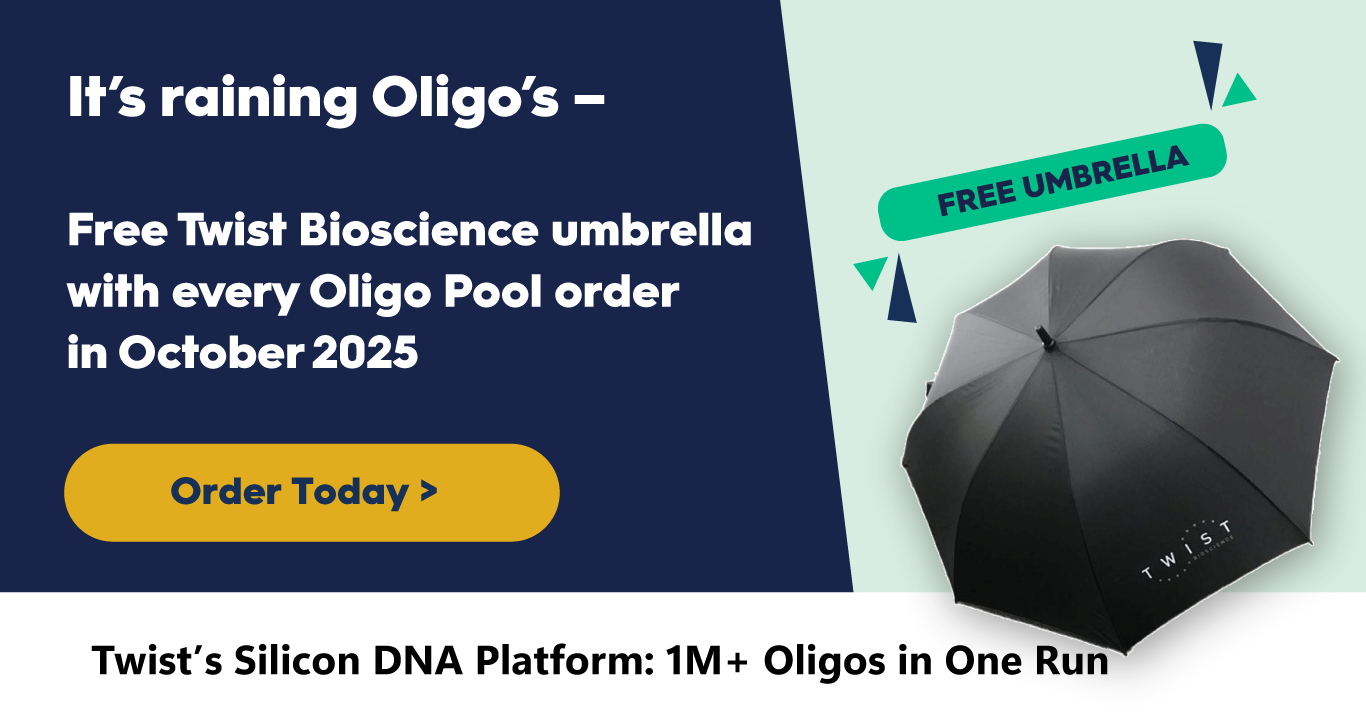High Throughput Antibody Production
/in Partners, Synbio Antibody, Twist/by Harshita SharmaPRODUCTS
High Throughput Antibody Production
Twist Bioscience introduces High-Throughput Antibody Production, a revolutionary gene-to-protein workflow designed to address bottlenecks in antibody production. This innovative process leverages Twist’s silicon-based DNA synthesis platform, capable of precisely writing thousands of genes in a single run. The result is rapid and high-throughput production of tens to thousands of diverse antibodies, facilitating efficient screening for biophysical and pharmacokinetic properties.
As a bonus, Twist offers downstream characterization and screening services for all high-throughput antibody production orders. This comprehensive service includes affinity ranking, epitope binning, and more, providing researchers with a streamlined solution for antibody discovery.
The key benefits of Twist’s High-Throughput Antibody Production include the creation of sequence-perfect antibodies, all generated in-house using NGS-verified clonal genes. The workflow offers unlimited capacity, enabling simultaneous production at a scale ranging from tens to thousands of antibodies. Additionally, it is fully customizable, allowing users to select custom antibody sequences, vectors, and isotypes according to their specific research needs.
Researchers can seamlessly expand their antibody production pipeline by uploading the desired antibody sequences, allowing Twist to handle the rest of the process. To learn more about ordering antibodies and taking advantage of this cutting-edge technology, visit the ordering tab for detailed information. Twist Bioscience’s High-Throughput Antibody Production offers a game-changing solution for researchers seeking rapid and customizable antibody discovery and screening.
HOW IT WORKS
The High-Throughput Antibody Production process at Twist Bioscience involves several key steps:
Synthesis and Cloning: Twist synthesizes and clones heavy, light, or single-chain variable sequences into Fc-containing vectors.
Transfection: Paired heavy and light chain or single-chain genes are transfected into HEK293 cells for a period of 4 days.
Harvesting: Supernatants containing the secreted antibodies are harvested.
Purification: Antibodies are purified using Protein A/G.
Inspection: Purified antibodies undergo inspection for concentration, size, and purity using A280 and digital CE-SDS.
Regarding the timeline, from sequence submission to delivery, the process takes approximately 20-25 business days for 1 mL orders and 22-35 business days for 8 mL orders. This efficient and streamlined workflow allows researchers to receive their customized antibodies in a relatively short timeframe, making it a valuable solution for high-throughput antibody production needs.
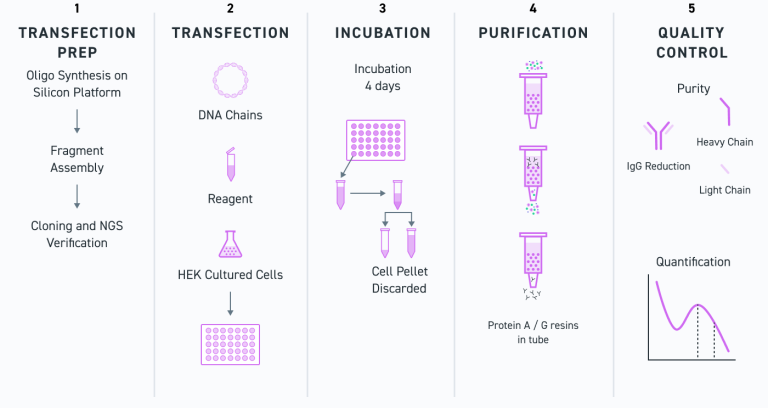
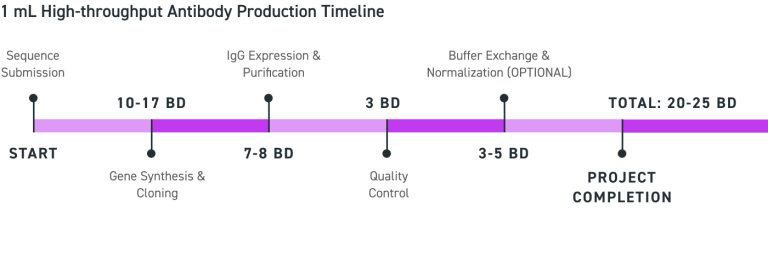
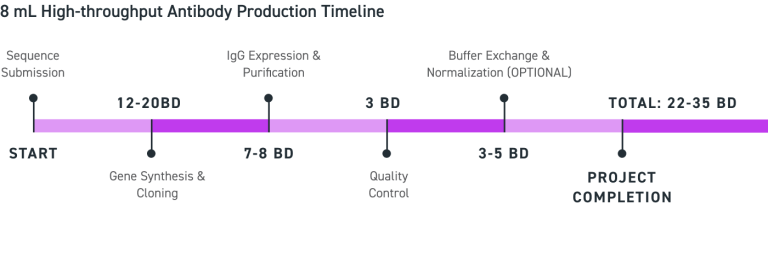
Unlock with quick sign up!
DATA
Twist Bioscience offers a robust and accelerated antibody screening process, as illustrated in the provided figure. Following antibody production, a total of 518 antibodies were synthesized and purified. After rigorous quality control tests, an impressive 482 antibodies passed the size and purity assessments, with 409 antibodies yielding more than 100 μg per antibody.
The robust yield is determined using LabChip for every purified sample. This involves denaturing the sample to obtain both size and purity data. Capillary electrophoresis sodium dodecyl sulfate (CE-SDS) is then run to collect sizing data benchmarked to a ladder. This provides approximate molecular weight (kDa) and a percent purity for both heavy and light chains. The peak at 7 kD represents the dye front in the analysis.
For those interested in additional data on aspects such as affinity and titer levels, Twist Bioscience offers further insights in their downloadable flyer. This comprehensive screening process demonstrates Twist’s commitment to delivering high-quality antibodies with robust yields, making it an efficient and reliable solution for accelerated antibody production and screening needs.
